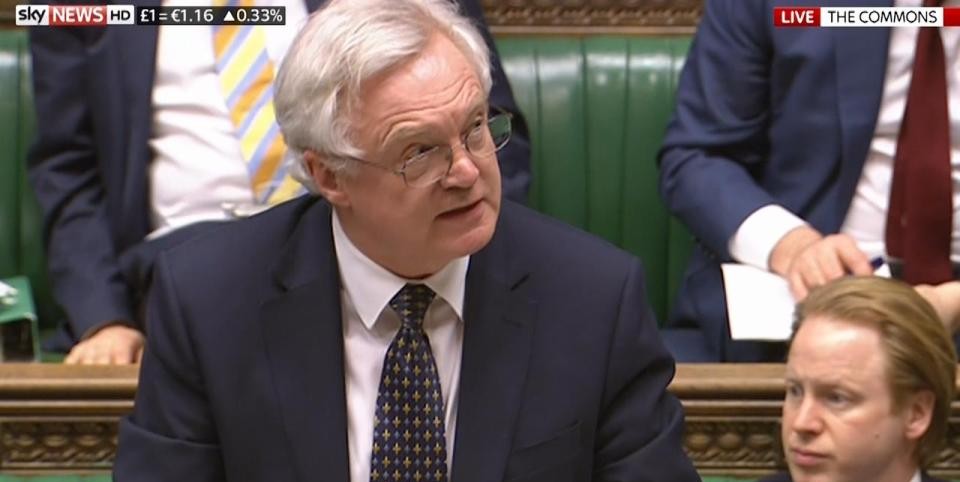“Brexit was said to ensure that our laws will be made not in Brussels but in Westminster — but for the near future laws may be made in Whitehall rather than Westminster.”
Professor Robert Lee of the University of Birmingham writes for the Birmingham Perspective:
The Great Repeal Bill, which the UK Government has promised as part of the process of leaving the European Union, is poorly named. In fact it is quite the opposite. Although it will repeal the European Communities Act 1972, by which EU law took effect and gained supremacy over UK law, it will actually maintain thousands of EU measures as part of the UK legal system. It is actually a Great Savings Bill.
See also As UK Pulls Trigger on Brexit, A Look at “Colossal” Task Ahead
Britain Triggers A Hard Brexit
So much for taking back control: the practicalities are that, after 45 years, EU law is so pervasive that determining what should be retained or repealed is a matter of enormous complexity. To secure certainty for people governed by and companies regulated by EU law, the only sensible option is to preserve such laws pending more detailed consideration.
Some laws will require retention, such as vast swathes of chemical regulation which exist only at EU level and which will require a new UK counterpoint. If the UK chemicals sector wishes to continue to trade with Europe, the resulting laws may not look very different but transposition into British law will be needed for hundreds of pages of detailed regulation. This type of issue will recur across many other sectors such as energy, health care and financial services.
Other laws will require amendment at some point between now and actual Brexit. Many will depend on and refer to an EU institution for example for enforcement purposes. So it may be necessary to alter this and even to put in place a new UK legal architecture to keep such provisions effective. Alternatively, there may be sectors such as medicines or aviation where, on a transitional basis, London may remain subject to EU regulatory regimes pending the construction of UK regulatory capacity.
Most controversially, some laws may be repealed in an effort to sweep away “red tape’=” said to be suffocating the UK economy. Managing this re-structuring agenda will not prove easy and the Bill is likely to suggest a significant move of power away from Parliament into the hands of ministers, with power to change the law but little accountability for the changes made.
According to the House of Commons’ Library, there are 19,000 pieces of EU-derived legislation on the UK statute book. It will be argued that addressing these cannot be managed in any other way except through delegated authority to ministers, particularly because the time of Parliament will be taken up with new Acts of Parliament to support Brexit in areas such as trade, immigration, and agriculture where new infrastructure may be needed.
The Government will argue that ministers will deploy these powers wisely and carefully, restricting these executive powers to measure necessary to ensure the operability of UK law. Yet quite how one ensures the viability of such a guarantee and circumscribes it into law is itself a matter of great complexity. Moreover, in the middle of this, the devolved administrations in the UK — two of which, Scotland and Northern Ireland, voted against Brexit — will resist powers devolved to London’s ministers on matters which may affect their countries. Yet the coherence which EU law brought to British law, by its transposition across the UK, may be lost if the devolved administrations pursue radically differing strategies on the reformulation of EU measures.
Brexit was said to ensure that our laws will be made not in Brussels but in Westminster — but for the near future laws may be made in Whitehall rather than Westminster. This his may prove a daunting and divisive task.

